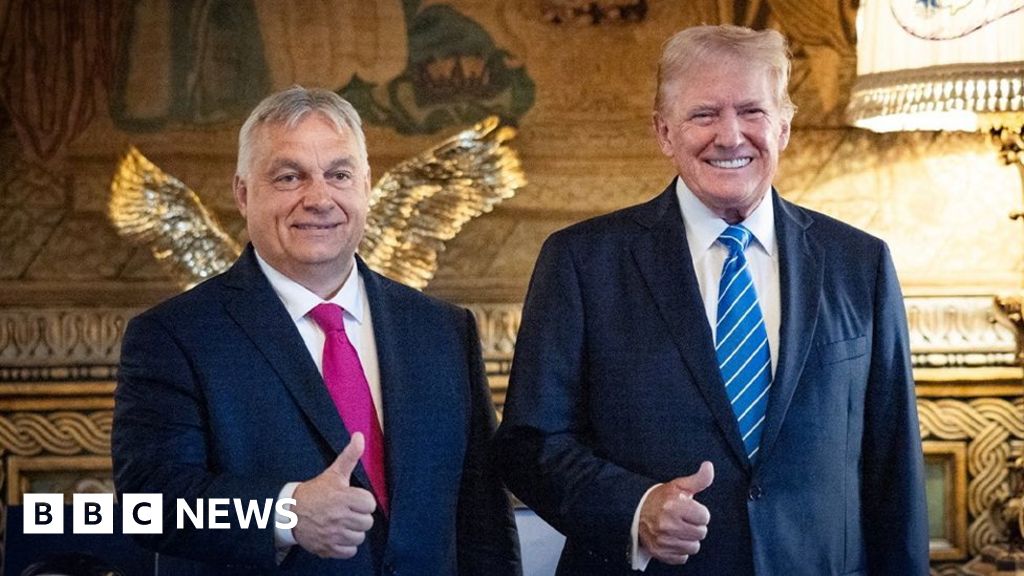
In recent developments, Hungary's Prime Minister Viktor Orbán has embarked on a controversial world tour, visiting several countries and holding meetings with foreign leaders amidst criticism from European partners. Orbán's visits to Ukraine, Russia, Azerbaijan, China, and the United States have raised concerns due to their lack of coordination with the EU and their potential implications for Hungary's role as the current EU presidency.
Orbán has maintained a pro-Russian stance in the ongoing conflict between Ukraine and Russia. His surprise meetings with Russian President Vladimir Putin and Chinese President Xi Jinping have been met with skepticism from European leaders, who emphasized that Orbán was not representing the EU during these talks.
The Hungarian government's opposition to providing weapons to Ukraine and its threats to block financial assistance have further fueled tensions within the EU. In response, several member states close to Russia's borders have decided not to send ministers to government meetings linked to Hungary's EU presidency during July.
Orbán has argued for an immediate ceasefire and peace negotiations in the conflict in Ukraine. However, his critics accuse him of acting against the unity and interests of the EU and NATO by pursuing an appeasement strategy concerning Russia's aggression.
Despite these controversies, Orbán remains committed to his self-styled 'peace mission.' He has briefed the leaders of other EU countries about his negotiations, experiences, and Hungarian proposals. However, the European Commission has decided to boycott informal meetings hosted by Hungary during its EU presidency and will instead be represented by senior civil servants.
Orbán's critics argue that his actions undermine the institutional setup of the EU and disregard the role of key institutions like the European Commission for ideological and political motives. They also accuse him of sacrificing unity for private political purposes.
As Hungary's Orbán continues his global tour, it remains to be seen how his actions will impact Hungary's position within the EU and its relations with key international partners.


